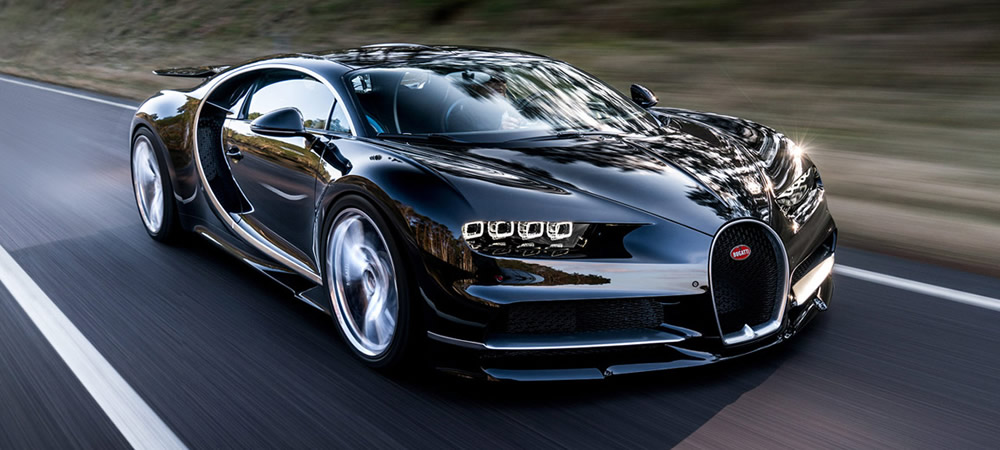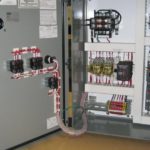
Brazil automotive industry growthThe Brazilian sector is regulated by the Associação Nacional dos Fabricantes de Veículos Automotores (Anfavea), produced in 1956, which contains automakers (automobiles, light vehicles, trucks and buses) and agriculture machines with factories in Brazil. Developments and Technologies in the Aftermarket: Advanced technology, such as autonomous driving and connected mobility, are an added advantage in the aftermarket sector. The forthcoming automobiles demand new variety of technological intelligence gear. Nonetheless, Brazil aftermarket is not advanced and auto- parts companies and suppliers are not ready to meet the developing technological demands. The Brazilian government has created handful of mandatory improvements in Brazilian automobiles such as power efficiency and security. The government is planning to assistance international competitiveness for Brazil’s auto manufacturers, improved production of higher-technology components, and greater international integration for Brazilian auto-merchandise.
The Brazilian automotive aftermarket is quite informal and most of them are managed like family organizations with 1 subsidiary and handful of employees. They do not use automated systems to produce analytical details that could assist decide product portfolio mix and to location orders, but depend on the phone. Majority of the customers are holding on to their present vehicle instead of acquiring a new one particular due to the difficult economy. This trend has resulted in the development of the automotive aftermarket with consumers spending much more income on car maintenance.
Against this backdrop, it is not surprising that profit margins of Brazilian automotive organizations have deteriorated sharply more than the past 12 months, and this damaging trend is expected to continue. The car industry’s high fixed expenses imply that preserving volumes is important, and this has put stress on suppliers and spare parts producers that have weaker economic structures and growing debts to service.
Brazil Auto Industry Is Optimistic For 2019, Despite November Slump brazil automotive industry outlook
brazil automotive industry analysisSAO PAULO: Brazil auto production and sales fell in November, but market representatives said on Thursday they are optimistic that 2019 will be a year of growth, thanks to a new incentive strategy and expectations about the incoming government. Behind the wheel of the most diversified automotive franchise firm in the world is a wonderful place to be—a place with numerous benefits and responsibilities. We are entirely dedicated to helping entrepreneurs attain their highest level of achievement and growth potential. Our diversified franchise portfolio supplies unparalleled possibilities all through the automotive franchise industry. The investment levels variety from as low as $50,000 for our mobile brands and from $250,000 to $350,000 for our stand alone concepts. These days, our franchisees service over 70,000 consumers each and every and each and every week and collectively generate almost $1 billion in annual revenues, making Driven Brands the ultimate automotive franchise holding company.
Meineke has effectively adapted its automotive enterprise franchise method to the one-cease model that today’s customers are seeking for. With each other, each franchisor and franchisees share the benefits of a nationally recognized name, a broad range of solutions, hands-on training, and a Meineke system that is geared for business success. Positive aspects like these give every single Meineke franchise a considerable edge more than the automotive competitors in their market location.
Industrial containers are specially moulded tanks to store dyes, colours and chemical compounds for industrial makes use of. These are mainly massive but come in multiple sizes to suit diverse uses. Company has created high-strength, non-reactant FRP tanks for storing corrosive chemicals and fuels in dispensing stations as a cost-efficient and fail-protected option to RCC and metal variants. Plastic pallets cater to industries like pharmaceuticals, automotive, electrical, warehousing, transportation, amongst other people. Sandwich panel has emerged as a contemporary developing material replacing the standard brick and mortar structures for several applications.
(PDF) A Complete Study Of The Transformation Of The Brazilian Automotive Businessbrazil automotive industry
brazil automotive industry 2018The Brazilian market is regulated by the Associação Nacional dos Fabricantes de Veículos Automotores (Anfavea), produced in 1956, which involves automakers (automobiles, light vehicles, trucks and buses) and agriculture machines with factories in Brazil. The key driver for the purchases of buses and trucks in the market is the Brazilian Improvement Bank (BNDES). This is a state-controlled bank that finances particular sectors in the economy with interest rates beneath the market interest rates. The automaking business receives a lot more than 25% of the bank’s total financing share. In 2014 alone, the bank invested disbursed about five.three billion Brazilian True.
Auto production is concentrated in the south and southeastern element of Brazil. In São Paulo, there are 419 auto components producers. The leading five automotive producers for passenger cars are Basic Motors, Volkswagen, Fiat, Ford, and Renault. Chinese organizations, such as BYD, are also investing in the electric car market, which represents a huge possible industry in Brazil. It is forecast that by 2020, the annual sale of electric cars in Brazil will reach 35,000 units.
With BINS, the business is closing a essential geographical gap in its Automotive market place segment and now has its personal production plants in all its relevant automotive markets. As a top manufacturer of elastomer seals for the automotive industry, BINS is opening up the Brazilian automotive marketplace – the sixth-largest in the planet – to the Datwyler Group. Following the country’s most current recession, marketplace observers are expecting a return to growth, such as in carmaking. Datwyler will utilise BINS’s distribution network to supply both carmakers in Brazil and current customers in South America its complete range of goods, like -rings and thermoplastic and silicone components.
The Mechanics Of Brazil’s Auto Sectorbrazil automotive industry outlook
brazil automotive industrySAO PAULO: Brazil auto production and sales fell in November, but business representatives said on Thursday they are optimistic that 2019 will be a year of development, thanks to a new incentive program and expectations about the incoming government. Penske, which handles aftermarket business for a number of main automakers in Brazil, is also investing to boost its lead logistics provider (LLP) solutions as one more way to generate savings for its consumers. We are supplying LLP services for the automotive business exactly where we are in charge of the routing, optimisation and management of inbound flows to production plants,” Sarti says.
The downturn of the Brazilian automotive sector noticed in the first half of 2014 has accelerated because then, in line with the financial slowdown: after a mere .1% GDP growth in 2014, Brazil´s economy is expected to contract two.% in 2015. Public spending has been reduce, and household spending power has significantly shrunk due to a persistently high inflation rate of much more than 9% and larger unemployment (which improved to 7.5% in July 2015 from 4.three% in December 2014). The financial efficiency is also affected by huge exchange rate volatility and scarce credit due to a extremely high benchmark interest rate (14.25% in September 2015), hampering each household and organization lending and investments. Government-controlled banks, which pushed car loans and other customer credit in prior years, have restricted their lending.
The downturn has an effect on the complete automotive sector value chain: from spare components producers to vehicle producers and sellers. Until not too long ago, Brazil was expected to be 1 of the world´s quickest growing auto markets. Nevertheless, in 2014 domestic car sales (which includes cars, light automobiles, trucks and buses) decreased 7.1%, to 3.5 million units, according to the Brazilian car producer association Anfavea. Production decreased 15.3%, to three.15 million units, whilst exports declined 30.4%, mostly due to the nonetheless adverse financial predicament in neighbouring Argentina, which is the primary marketplace for Brazilian auto exports. The trade flow between both nations is affected by the restrictions on the freeing of US dollars in Argentina to pay for its imports.








